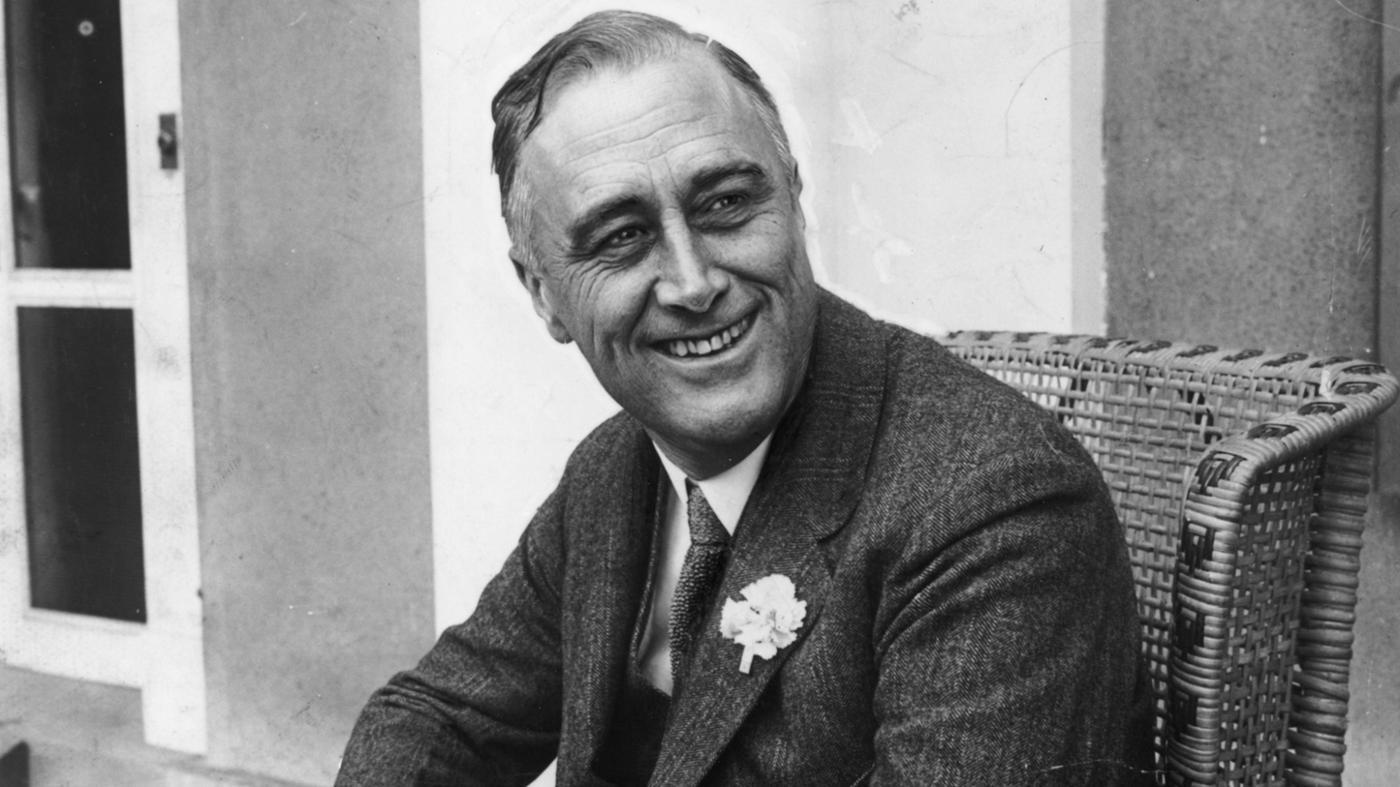‘THE only thing we have to fear is fear itself – nameless, unreasoning, unjustified terror which paralyzes needed efforts to convert retreat into advance’.
Franklin D. Roosevelt was referring to the efforts needed to climb out of The Great Depression in 1930’s USA, but the same holds true today.

We all develop irrational fears based on emotional responses to events, particularly to bad news.
More recently 9/11 created a fear of flying in the US when the data did not support any actual change in airplane crashes.
More people took to the roads and the road death toll increased. Emotions get the better of us and affect our ability to make rational decisions.
None of us are immune to this as it is based on the ‘fight or flight’ response deeply ingrained in our subconscious and so necessary when we all lived in caves and were being chased by Sabre-Toothed Tigers.
But why does it matter in investment?
Making investment decisions, or worse still, deciding not to invest at all, based on emotional responses can only lead to poor decisions and ultimately poor returns.
Our instinct for survival translates in investment terms to aversion to loss and availability bias based on over reaction to the latest disaster.
I’m sure we all remember swine flu, mad cow disease, bird flu, Grexit, Brexit et al.
All of which made investors bail out of the market only to see it rise significantly a few months later.
Risk aversion is a behavioural tendency based on irrational fears.
As a Financial Adviser, I meet with clients whose past investment experience has been based on seeking out low risk investments (cash, bonds etc.) out of fear and then being very disappointed in the low return achieved.
A more promising outcome may well have been achieved by setting aside that fear and taking on a higher risk, higher potential outcome investment.
In the long-term the bias towards avoiding risk can cost investors dearly.
The returns are always going to be poor and eroded significantly by inflation. UK CPI inflation was 2.7% in August vs the top 5-year fixed rate account of 2.4%, as they say in the States, ‘you do the math’.
How to quell our fears
Data, diversification & time in the market is the answer.
• Focus your attention on the data.
• Look for consistent performers over at least 5-years amongst the fund managers. Outperformance when the markets are down is a useful indicator also.
• Diversify your investments across different geographies and asset classes.
• Sit on your hands when the market is down and do not listen to the nay-sayers. Or better still invest more whilst the cost is lower.
• Trust in the market to recover.
• Take a long-term view.
• Make sure you take advice, it will save you tax and make the decision less emotional.
We have all heard that ‘past performance is no guarantee of future returns’ but it is what we have available. That and history showing us that markets always recover after a drop.
Roosevelt was right when he said: “The only thing we have to fear is fear itself.”
Got a question? Then Ask the Expert and drop Sandy a line.
Sandy Paterson DipFA, CeMAP, MLIBF – International Financial Adviser
Blacktower Financial Management (International) Ltd – Mallorca Office
Tel: 971 42 59 86
Email: sandy.paterson@blacktowerfm.com
Web: www.blacktowerfm.com/locations/mallorca
Blacktower Financial Management (International) Limited is licensed in Gibraltar by the Financial Services Commission. Licence 00805B and is registered by both the DGS and CNMV in Spain.
Blacktower Financial Management Limited is authorised and regulated in the UK by the Financial Conduct Authority.
Click here to read more News from The Olive Press.








